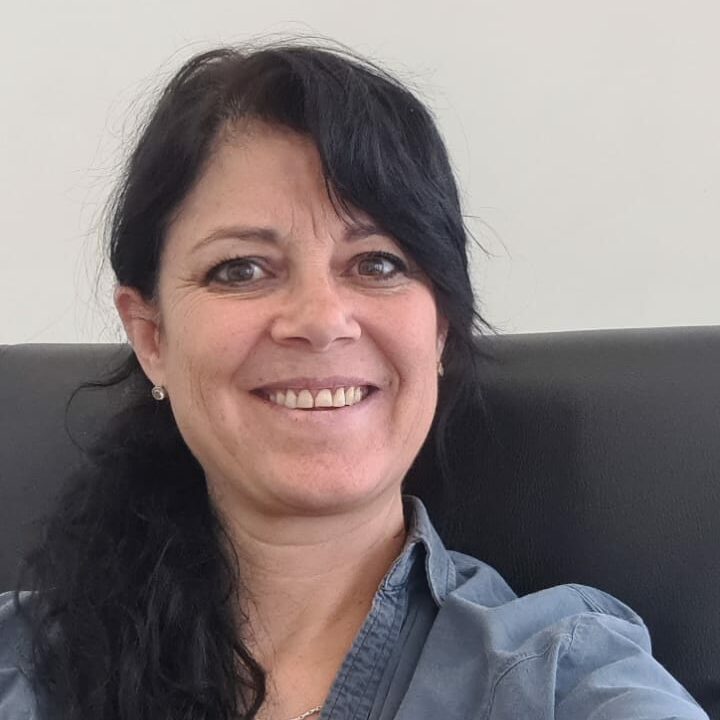
Bioq Adriana C. Sanz
Mg in Environmental Management
Manager
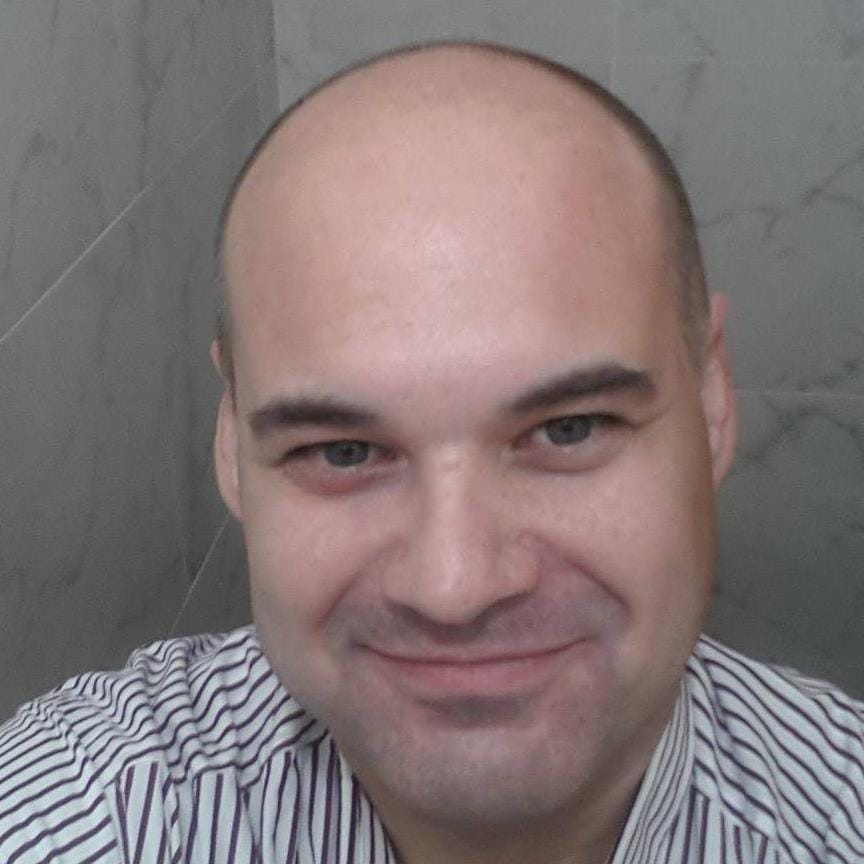
Ing. Javier Wahler
Civil Engineer
Operations Coordinator
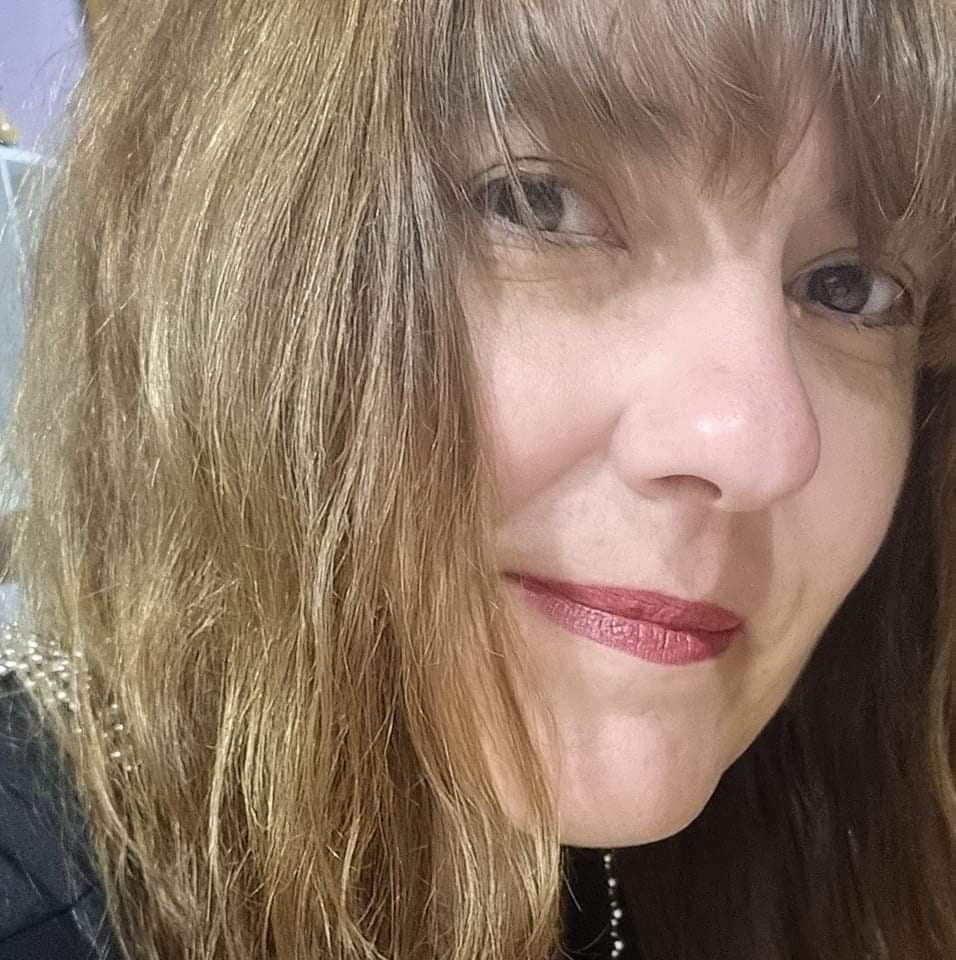
Tec Carina Relamendez
TS Foreign Trade and Customs
Tesorería
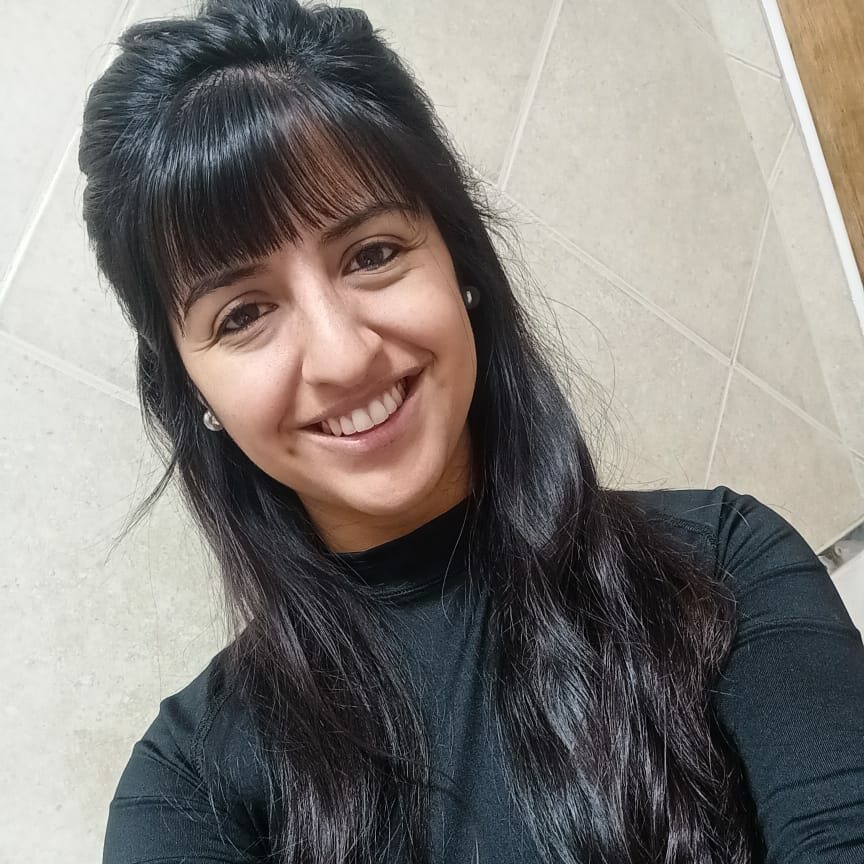
Lic Patricia Melillan
Environmental LiPS
Proy Salicornias y Educación Ambiental
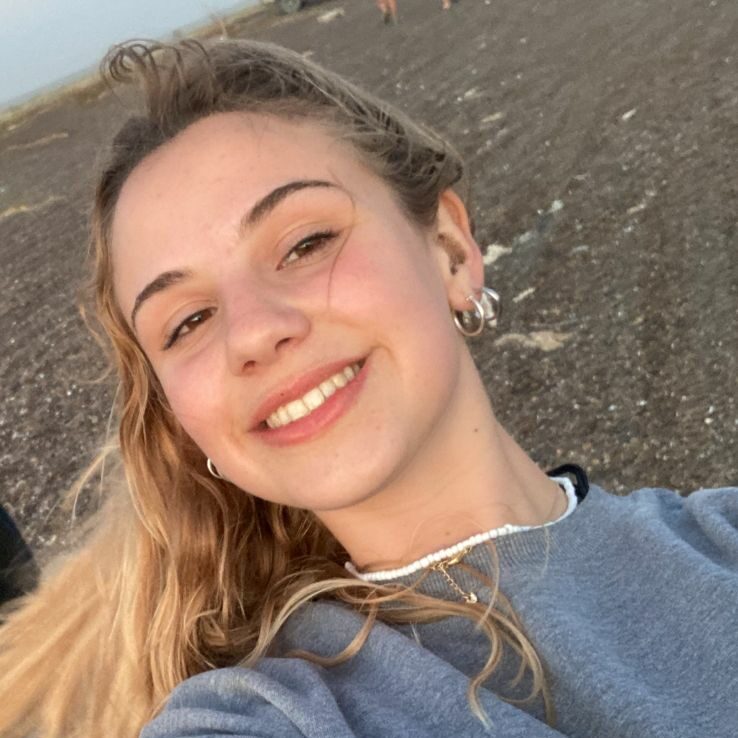
Julieta Miljkovic
Técnica en Ciencias Ambientales
Administration
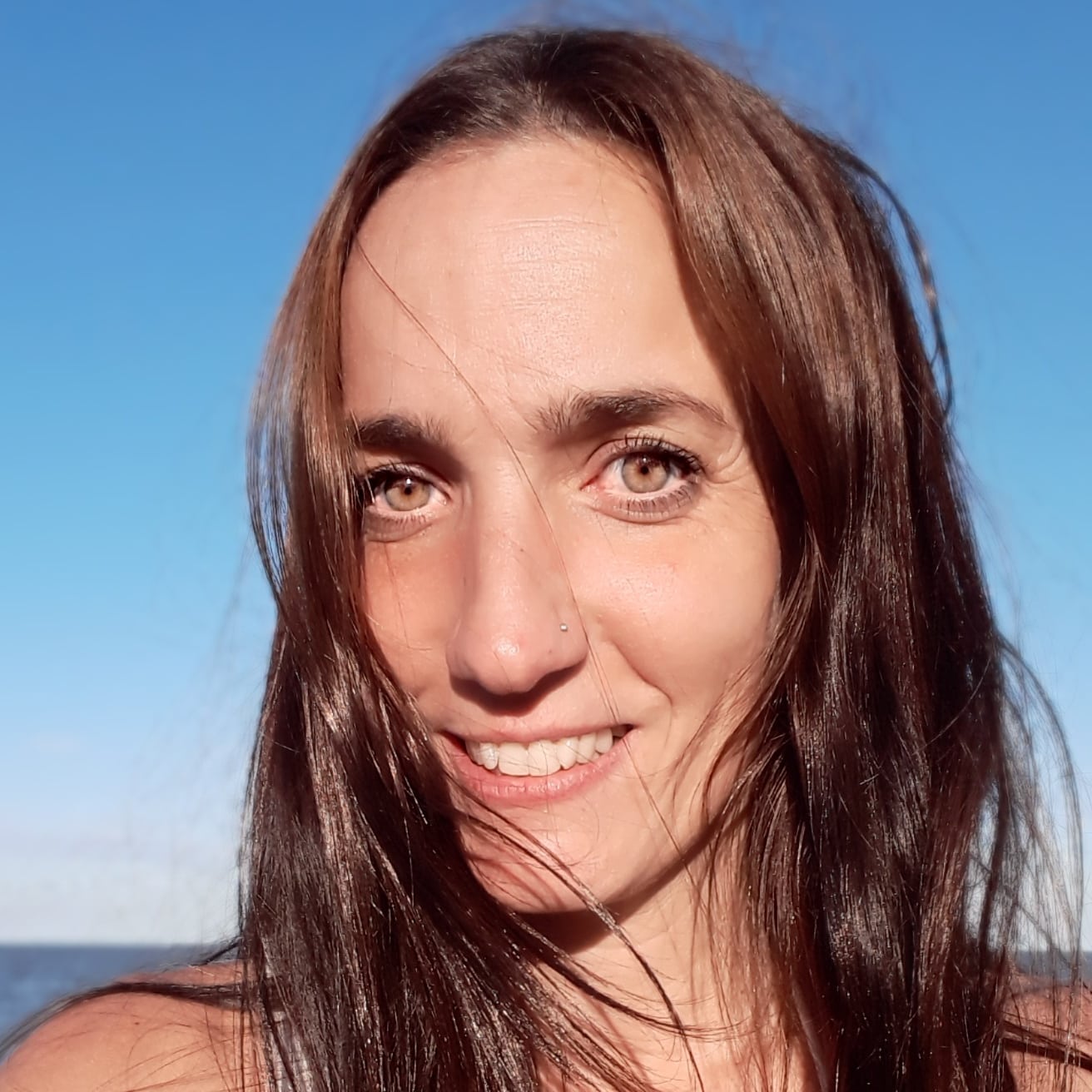
Cynthia Bandurek
Ecologist and Field Naturalist
in charge of the Website and Social Media
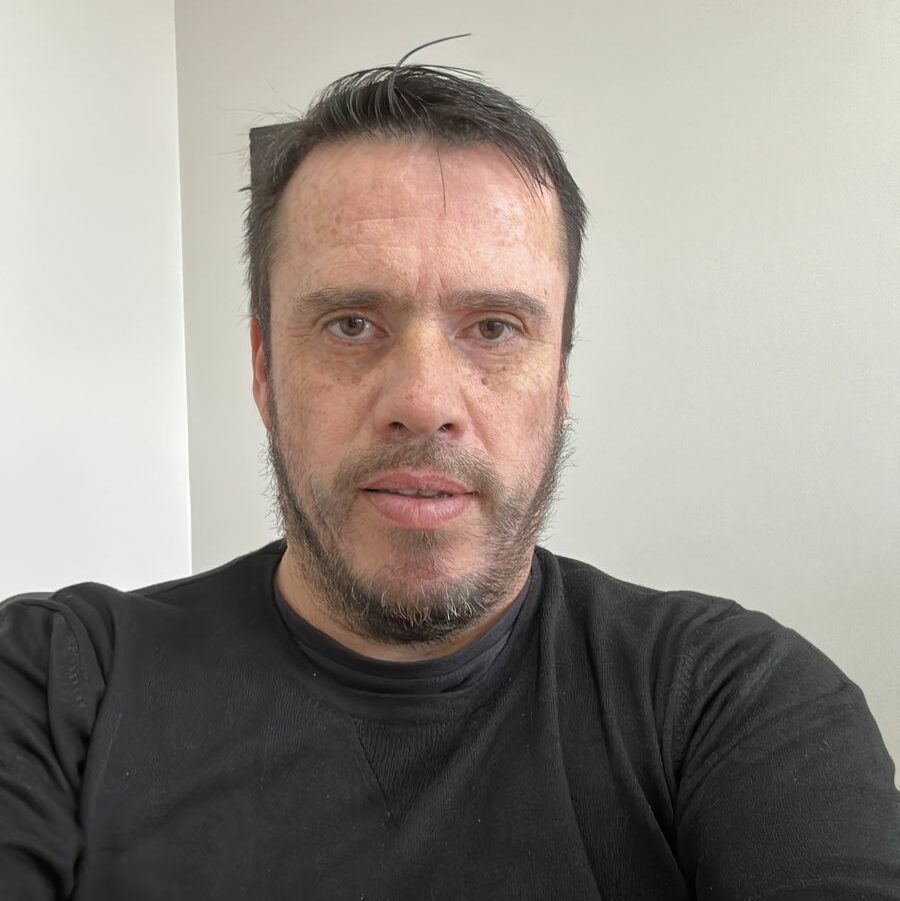
Dr Fabian López
Lawyer
Cra Ana Amavet
Accountant
Est Revuelta y Asociados
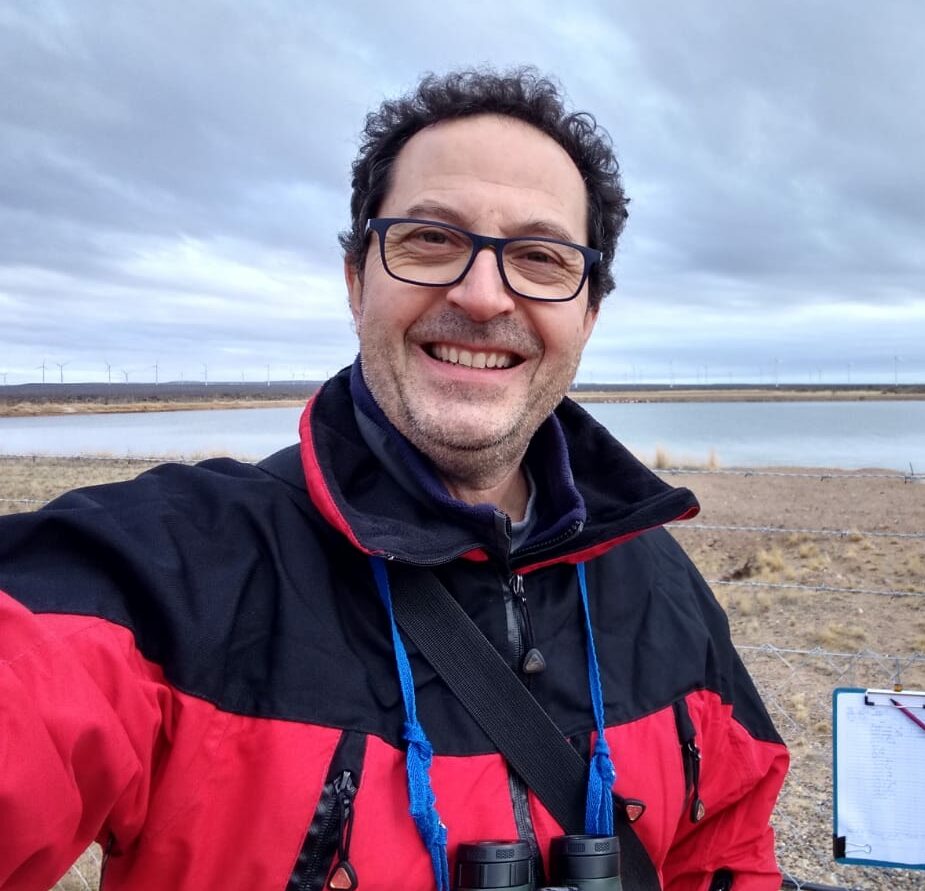
Gonzalo Octavio Herrera.
Degree in Biological Sciences.
Birdlife Monitoring
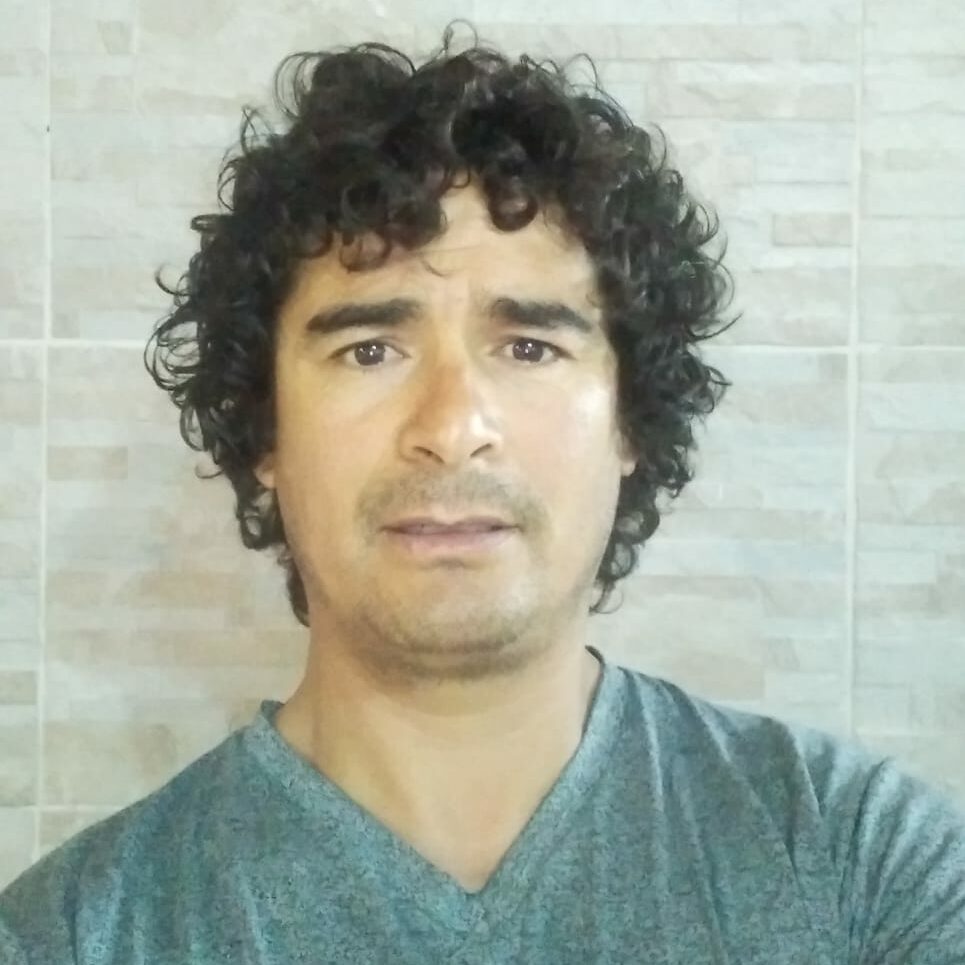
Mauro David Rodriguez
Proj. Salicornias & Maintenance
Our History
The fishing industries of the city of Rawson, Chubut, in compliance with Provincial Decree No. 1540/16 of the Ministry of Environment and Control of Sustainable Development, have resolved the environmental situation with respect to their industrial effluents, through the construction of a system for the collection, pumping and treatment of liquids generated in anaerobic and aerobic ponds with forced aeration.
Grouped together the firms Cabo Vírgenes SRL, Iberpesca SA, Pesquera Veraz SA y Food Partners Patagonia SA, created the company RAWSON AMBIENTAL S.A. and acquired a 50-hectare plot of land, where liquids are purified 3.5 km from the city of Rawson and 5 km from the port of the same name and Playa Unión.
The projected solution contemplates the primary adequacy of the effluents in each establishment and the transport of them to pumping stations to drive all the industrial liquids to a single treatment and final disposal system by pumping them through an 8.5 km aqueduct.
As a form of secondary biological treatment, an anaerobic pond is designed followed by two partially mixed aerobic ponds using mechanical surface aerators. These basins, which occupy an area of 2 ha, are waterproofed using a 1500-micron geotextile and geomembrane. In order to carry out the aforementioned treatment, a 4km medium voltage branch was built, with a 100 kVA transformer substation.
Once the organic matter is mineralized, the effluents enter a regulated evaporation and infiltration reservoir, from where the liquid is also used for the experimental cultivation of microalgae and salicornia.
The proposed joint system, in addition to reducing the fixed costs of operation, increases its reliability margin and, above all, does not affect the water resource of the Chubut River, nor the maritime coast of Playa Unión, since the liquids are transported several kilometers from the population centers, preserving the quality of the waters of our river above all else. This generates a safe industrial effluent management system, also betting on the development of circular economies through the creation of the first Biosaline Farm in Argentina.
